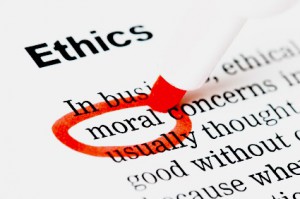 In this paper I argue that military ethics education serves, will serve and should be understood, designed
In this paper I argue that military ethics education serves, will serve and should be understood, designed
and provided as a minimum standard to prevent soldiers from committing morally impermissible and horrendous acts in combat situations.
The paper is divided into three sections. In Section 1, to set the scene for my discussion, I analyse key issues surrounding war and moral luck. In Section 2, to analyse how moral luck influences our moral evaluation of soldiers’ acts in combat, I examine two hypothetical cases. In Section 3, by examining the role and function of military ethics education, I argue that it should be understood as a guideline for soldiers to refrain from committing the morally worst act in the battlefield (i.e. killing unarmed civilians).
Furthermore, should such an act take place, soldiers should be prevented from covering it up in the hope that it is kept secret. I conclude by arguing that military ethics education should be understood and used as a tool to secure a minimum standard for soldiers, ensuring that they opt for the lesser evil of two (not equally) evil acts.
